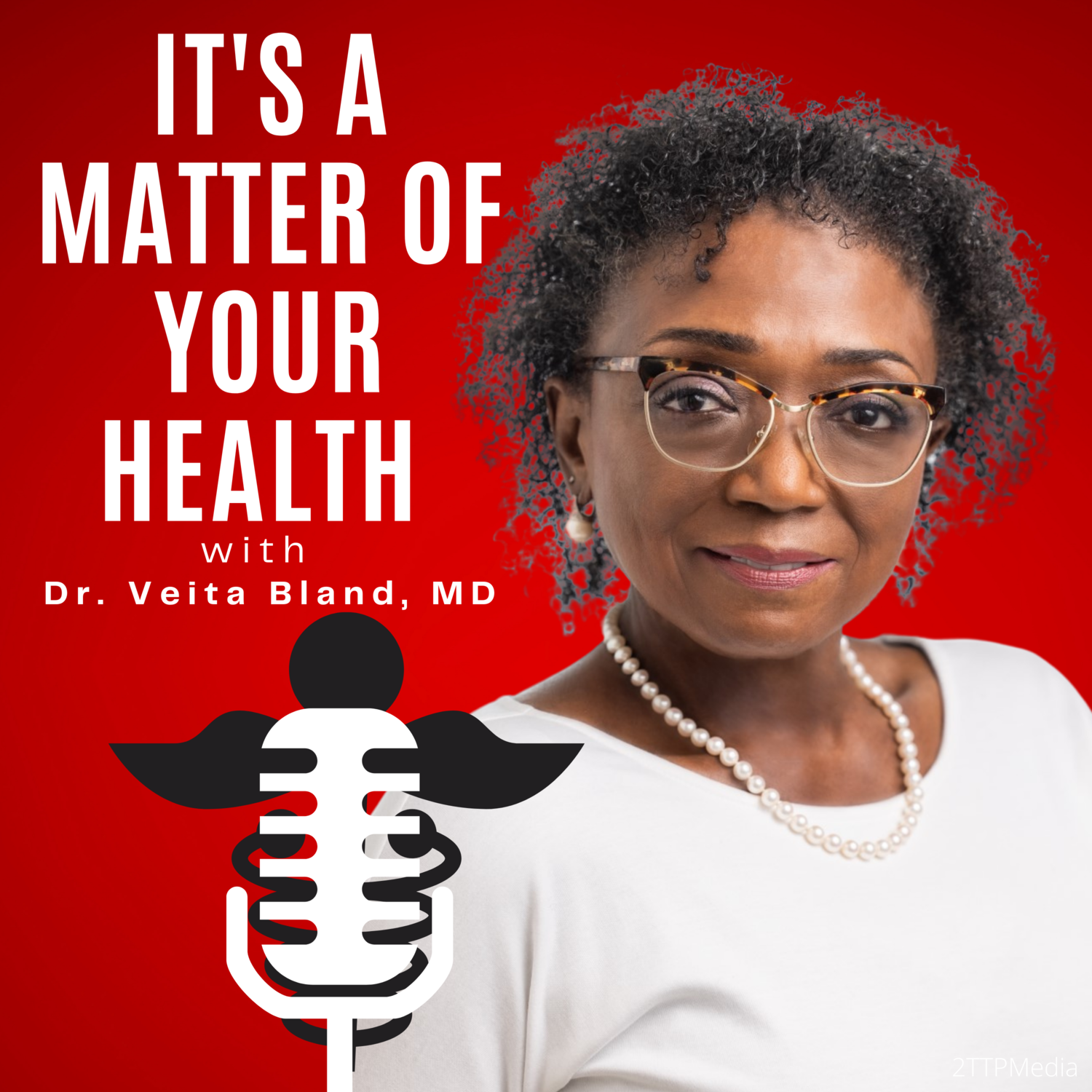Understanding Ageism: Breaking the Barriers
What is Ageism?
Ageism refers to prejudice or discrimination based on a person’s age. It manifests in various aspects of life, particularly in employment, where older individuals may be overlooked for advancement or denied opportunities altogether. However, the impact of ageism extends far beyond the workplace.
Ageism in Healthcare
A European study revealed that older adults were more likely to be denied life-sustaining treatments simply due to their age. Similarly, another study found that older adults were often excluded from clinical trials, even for conditions predominantly affecting their demographic.
Dr. Hannah Swift, PhD, from the University of Kent, notes that ageism operates on multiple levels. Categorizing individuals by age often leads to stereotypes, assumptions, and unrealistic expectations, which can create significant problems. For instance, healthcare providers may unintentionally use patronizing language or offer unnecessary assistance, assuming that an older patient is less capable cognitively or physically.
Dr. Ray Mannheim, PhD, emphasizes that older age is often incorrectly associated with declining health or frailty. In reality, older adults are an incredibly diverse group, with varying health conditions, activity levels, and abilities. These stereotypes can shape how providers interact with older patients, often assuming frailty or memory issues without basis. Importantly, being older does not automatically equate to illness or cognitive decline.
The Impact of Ageism
Studies show that age-based discrimination significantly impacts the physical, mental, and social well-being of older adults. Globally, ageism correlates with worse health outcomes, including:
• Reduced willingness to adopt lifestyle changes, increasing the risk of cardiovascular events.
• Higher rates of depression.
• A decreased sense of autonomy and well-being.
Ageism in healthcare can lead to overlooked treatment opportunities, worsening outcomes for older patients across all countries.
What Can Be Done?
As more healthcare providers receive training in geriatric medicine, many are beginning to see older adults as individuals with unique strengths and needs. Older adults, too, can play an active role in combatting ageism by advocating for themselves.
Tips for Older Adults to Advocate for Their Health
Be Proactive: Ensure your healthcare provider treats you as an individual, not just by your age. Discuss all aspects of your health and lifestyle.
Stay Up-to-Date: Continue routine screenings like mammograms, bone density tests, PSA levels, and colorectal exams. Ensure vaccinations are current, and monitor key metrics like cholesterol, glucose, and blood counts.
Demand Lifestyle Guidance: Advocate for lifestyle counseling and personalized advice to maintain physical and mental activity. Remember, it’s never too late to improve your health.
Challenge Stereotypes: Remind healthcare providers that most older adults do not suffer from cognitive decline and are capable of leading independent, fulfilling lives.
Focus on Whole Health: Emphasize that your illness, if any, is only one part of who you are, not your entire identity.
Down with Ageism!
Ageism has no place in modern healthcare or society. Older adults deserve equitable treatment, respect, and acknowledgment of their individuality and potential. Let’s strive to eliminate age-based assumptions and ensure everyone, regardless of age, receives the care and support they deserve.
Remember, age is not an obstacle. It’s a part of life—and life is always worth thriving for.
